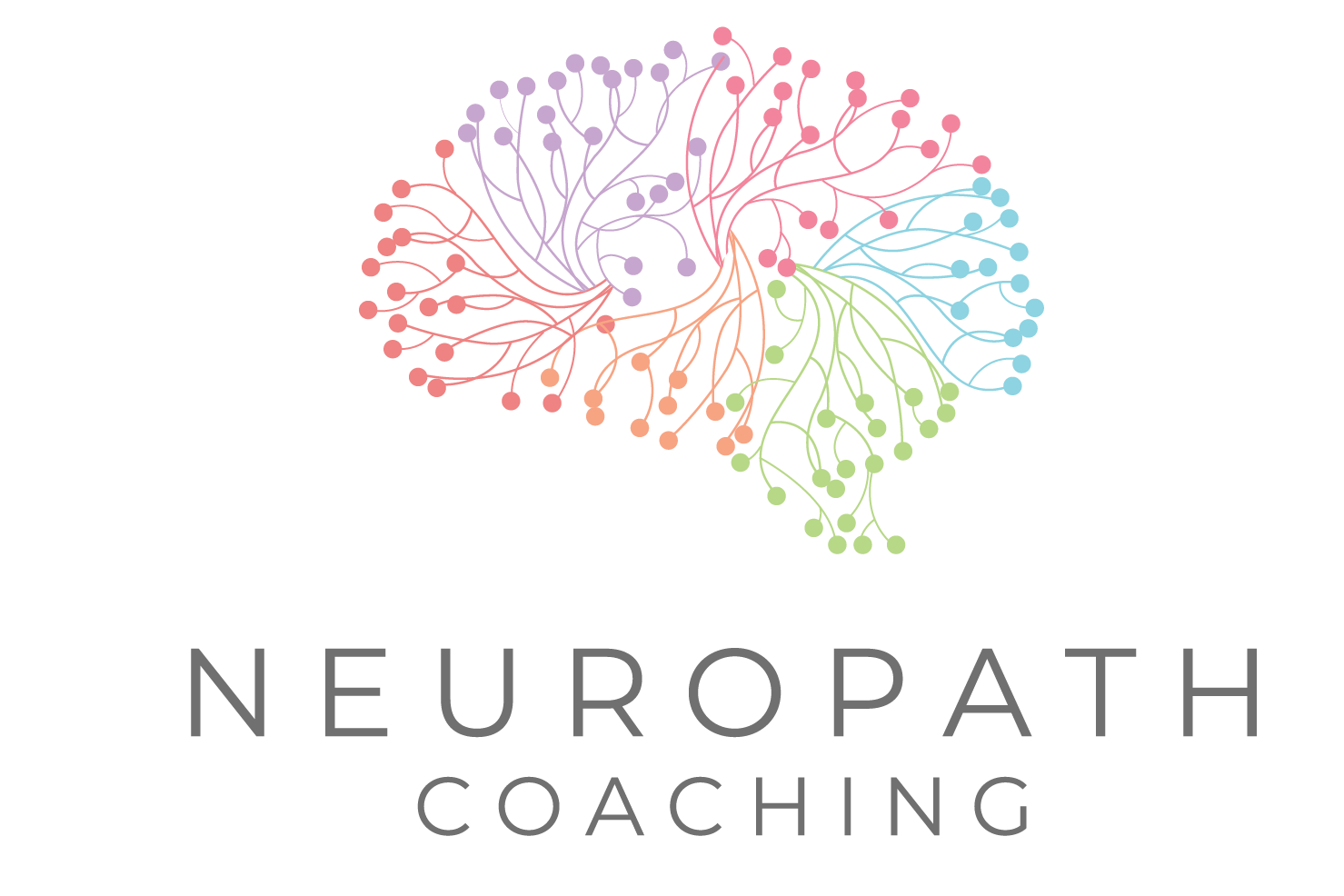The Science of Procrastination

Why Do We Procrastinate?
“Procrastination is a form of self-regulation failure that involves the prioritisation of short-term mood repair and emotion regulation over the longer-term pursuit of intended actions.”
(Sirois & Pychyl, 2013)
Procrastination—the voluntary delay of important tasks despite knowing the negative consequences—is often linked to struggles with self-regulation, impulsivity, and intrusive thoughts. Humans are the only animals that procrastinate, but why?
Procrastination and Self-Regulation
Self-regulation is our ability to manage thoughts, emotions, impulses, and behaviours. Procrastination is often seen as a failure of this system, with research showing strong links to impulsivity—the tendency to act without thinking—and intrusive thoughts, such as rumination (obsessively thinking about problems) or daydreaming.
Procrastinators are more likely to get caught in distractions rather than focus on tasks. Their minds wander easily, getting stuck in unhelpful loops that make it harder to take action.
The Role of Impulsivity
Impulsivity is not just acting on impulse—it consists of several dimensions:
- Urgency – Acting impulsively under strong emotions.
- Lack of Premeditation – Not considering consequences before acting.
- Lack of Perseverance – Not staying focused even when tasks are difficult or boring.
- Sensation seeking – Seeking excitement and novelty.
For procrastinators, urgency, lack of premeditation, and lack of perseverance are particularly relevant. They struggle to stay focused, fail to consider long-term consequences, and are easily swayed by emotions, opting for instant gratification instead of completing tasks.
Intrusive Thoughts and Their Impact
Intrusive thoughts—whether it’s ruminating on worries or losing focus through daydreaming—can significantly contribute to procrastination. Worrying too much about a task can make it feel overwhelming, while frequent distractions pull attention away. Both prevent individuals from taking meaningful action.
The other day, my daughter was crying in a panic about a vocabulary test the next day before she even started studying for it! The thought of getting started was so overwhelming she just wanted to do something else to distract herself. Once she opened her book and started, she learnt her French vocabulary words in 15 minutes! She just needed to take the first step.
Interestingly, impulsivity and intrusive thoughts are often linked and can create a cycle. This is when the cycle needs to be broken.
Why Understanding This Matters
Recognising the links between procrastination, impulsivity, and intrusive thoughts can help us develop better strategies to combat it. If procrastination is rooted in self-regulation struggles, interventions that improve emotional regulation, perseverance, and thought control may help people manage it more effectively.
What Can We Do the Next Time We Are Procrastinating?
Start small. Focus on your first step. Celebrate yourself.
If you need to work on a presentation, start by opening your laptop, and celebrate that win, however small it may seem. Then, start with five minutes of work. Stop and celebrate what you have accomplished, even if it is just thinking about the task ahead. No progress is too small to celebrate.
Work in smaller bursts with frequent breaks, 25 minutes is a good time for focused work.
If you enjoyed this article, join the community. We will never share your information.
